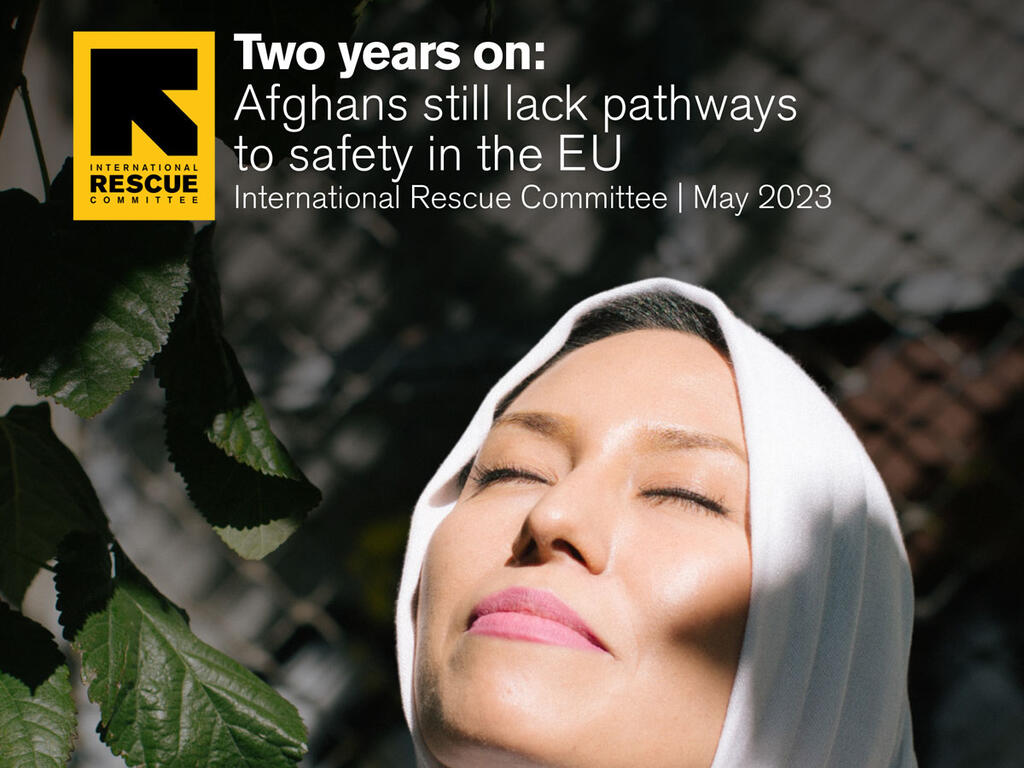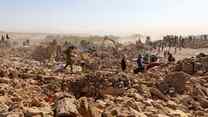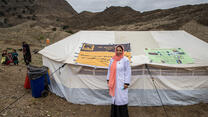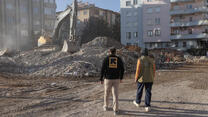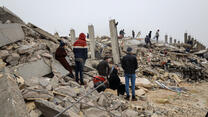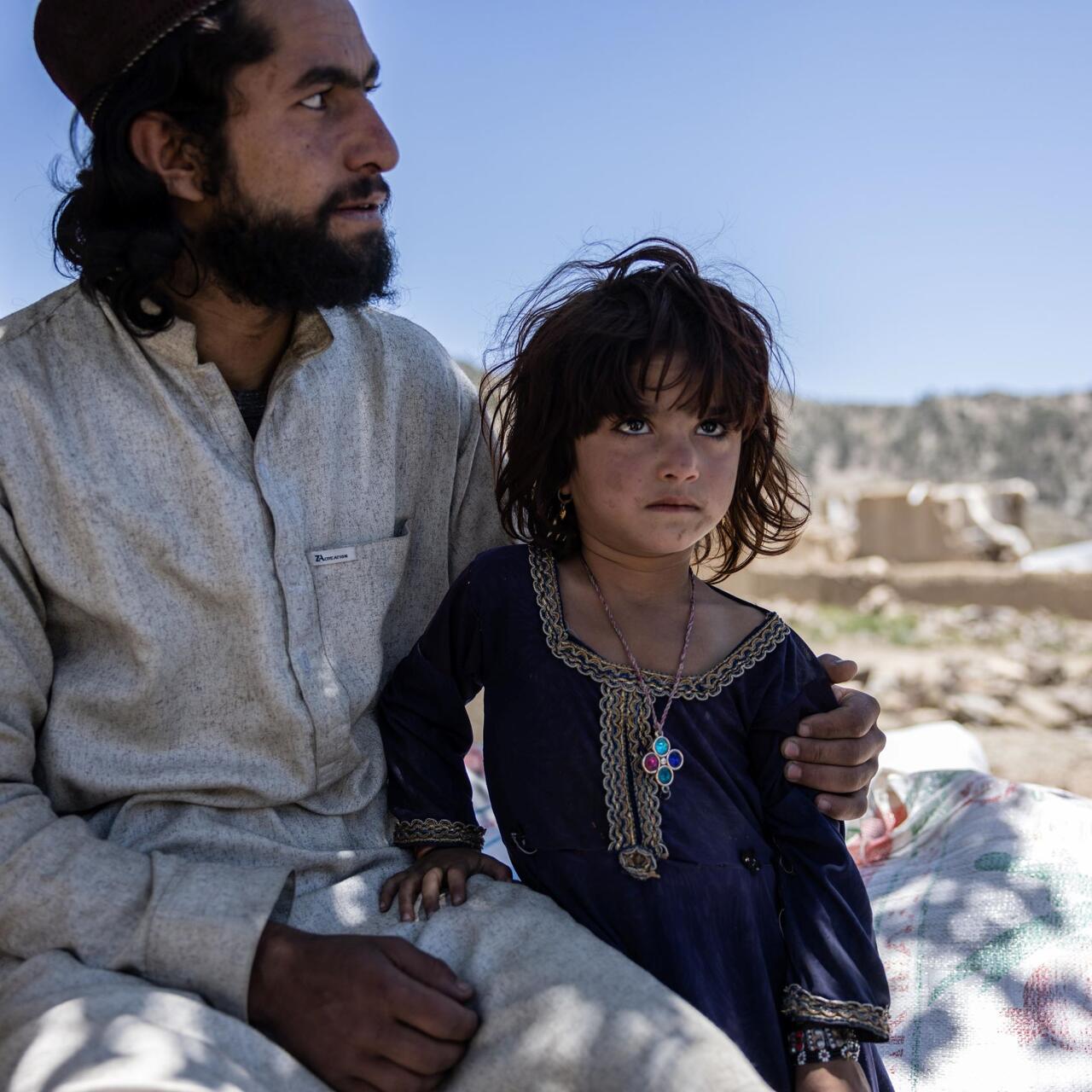
On Wednesday 22 June a 5.9 magnitude earthquake struck Afghanistan causing catastrophic damage and killing over 1,000 people in the most deadly earthquake in 20 years. Neighbouring country Pakistan has also been impacted.
In response to the emergency, the IRC has deployed medical teams already operating in the region to effect areas to provide medical and emergency cash support.
Learn more and find out how to help below:
Afghanistan Earthquake: What happened?
On 22 June, a deadly earthquake struck in the middle of the night when families were asleep in their beds. Tremors were felt as far as the capital city of Kabul but news of the disaster was slow to spread because critical telecoms were damaged by the earthquake.
Who has been affected by the earthquake in Afghanistan?
More than 1,000 people have lost their lives and scores more injured. At least 1,800 homes have been destroyed by the earthquake, and thousands more people are expected to be displaced. The areas affected are some of the poorest and most remote areas in the country, without the resources to withstand disasters like this. Families often live in mud homes that have now been razed to the ground.
The affected districts include Barmal, Ziruk, Nika and Giyan in Paktika province and Spera district in Khost province. Gayan district in Paktika province is reportedly the worst affected with up to 200 people killed and 100 people injured, many of them seriously. In addition, up to 1,800 homes have reportedly been destroyed and damaged in Gayan, representing 70% of the district’s housing stock. In Spera district, Khost province, 25 people have reportedly been killed and 20 injured.
What does this mean for the country?
Over the last nine months, Afghanistan’s health sector has been brought to its knees as a result of the economic collapse triggered by the withdrawal of critical development funding to the country. In the last month, IRC staff have reported scenes in Paktia Regional hospital - meant to serve the Khost, Logar, Paktia and Paktika provinces - where three babies share a single incubator, and mothers stand in line holding their malnourished babies. Resources are already stretched, and this is only set to get worse in light of the earthquake. IRC staff in Paktia have reported the local hospitals filling up with those wounded by the earthquake being brought in from the neighbouring provinces.
Since August last year the economic crisis and collapse of the banking sector has made it extremely challenging to get money into the country. Many local organisations who previously played a central role in service delivery are no longer able to operate. International NGOs and the UN have scaled up to address rising needs, but humanitarian aid provision cannot replace the services of the state.
What is the IRC doing to support people in Afghanistan?
The IRC has been on the ground in Afghanistan for over 30 years. We work with thousands of villages with Afghans making up more than 99% of IRC staff in the country.
In response to the earthquake, the IRC has deployed two mobile health teams to deliver essential first aid to the affected regions. Meanwhile, IRC teams are also providing cash support to families who have lost their homes and livelihoods in the earthquake.
Adnan Junaid, IRC Vice President for Asia, said:
“Funding is needed now to save lives and support essential services, but the international community must go further and establish a roadmap that sets out strategies to resume development assistance, provide technical support to the central bank, and ultimately release Afghanistan’s foreign exchange reserves. Only a bold strategy that addresses the causes of this crisis will put an end to the spiral of misery being faced by its population.”
Read more about our response here.
How can I help?
Donate today to give refugees the support they need to thrive. Support the IRC as we help refugees and other people facing crises rebuild their lives.
